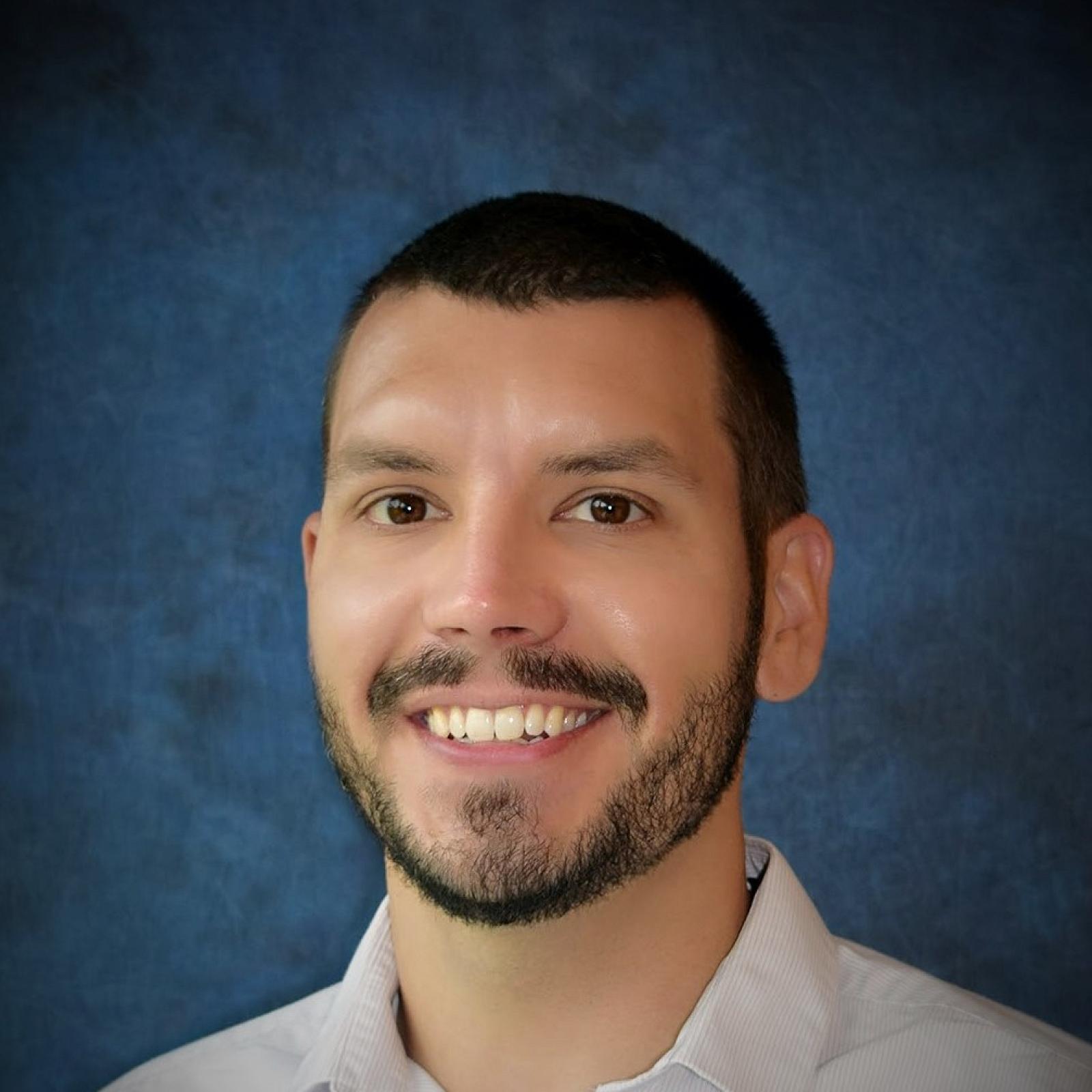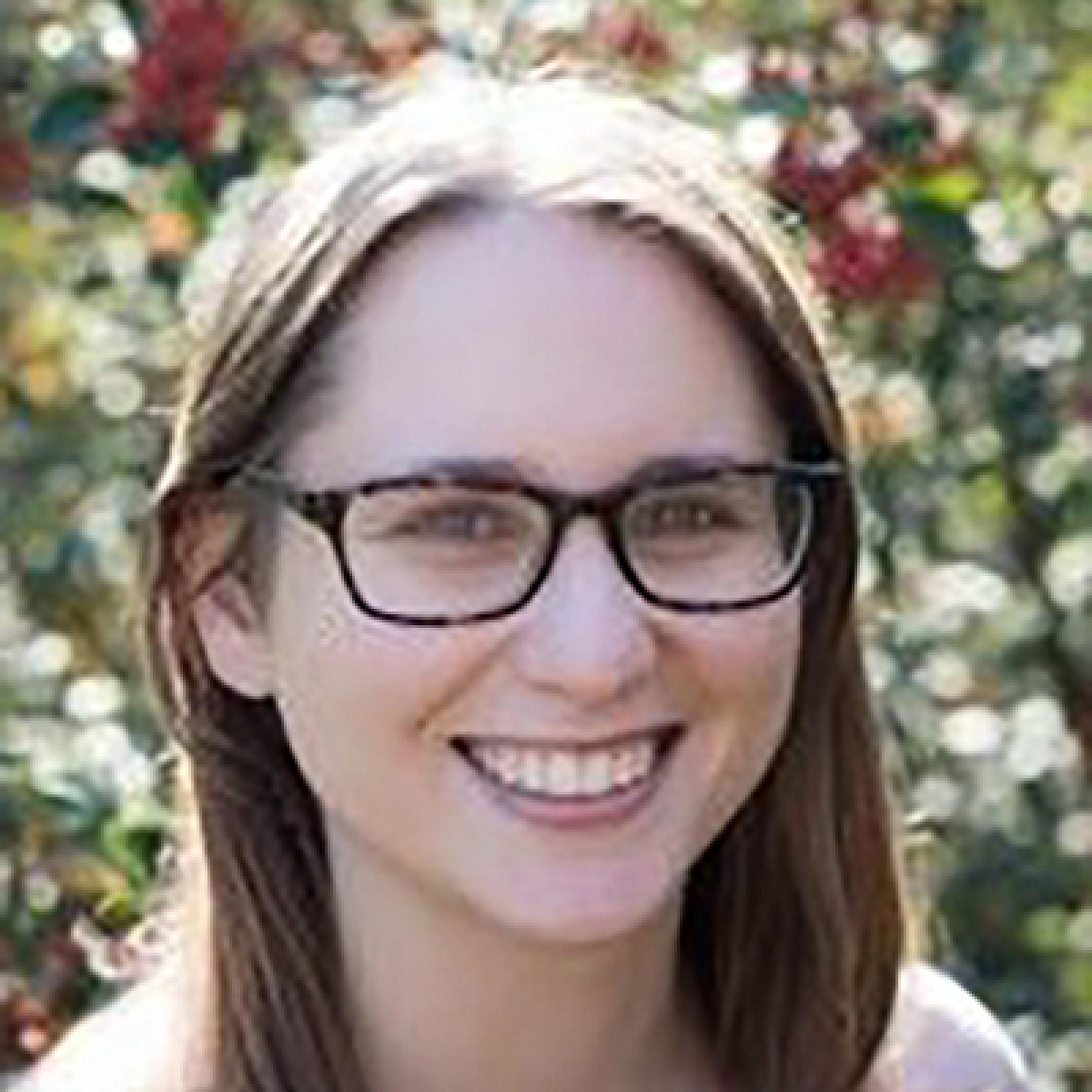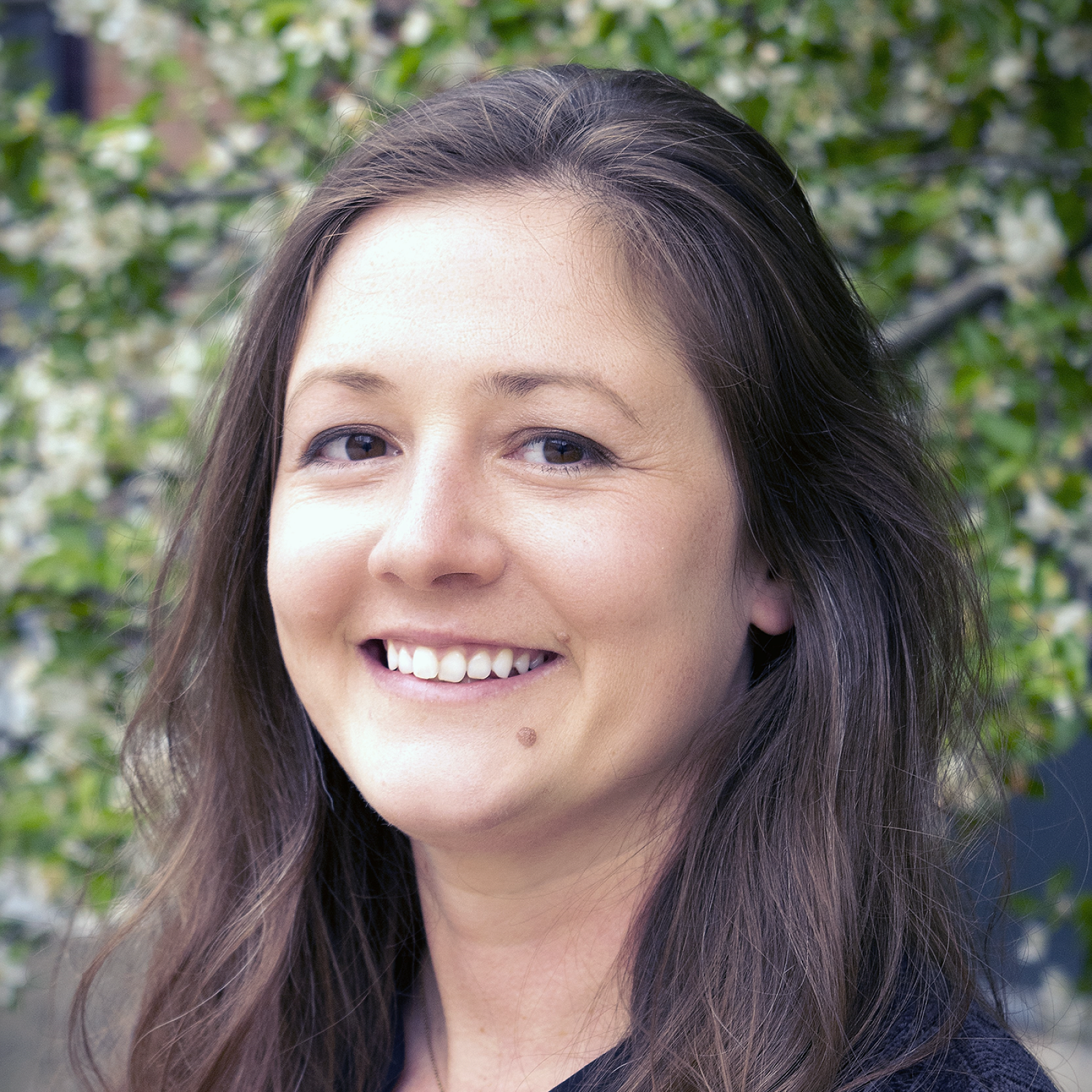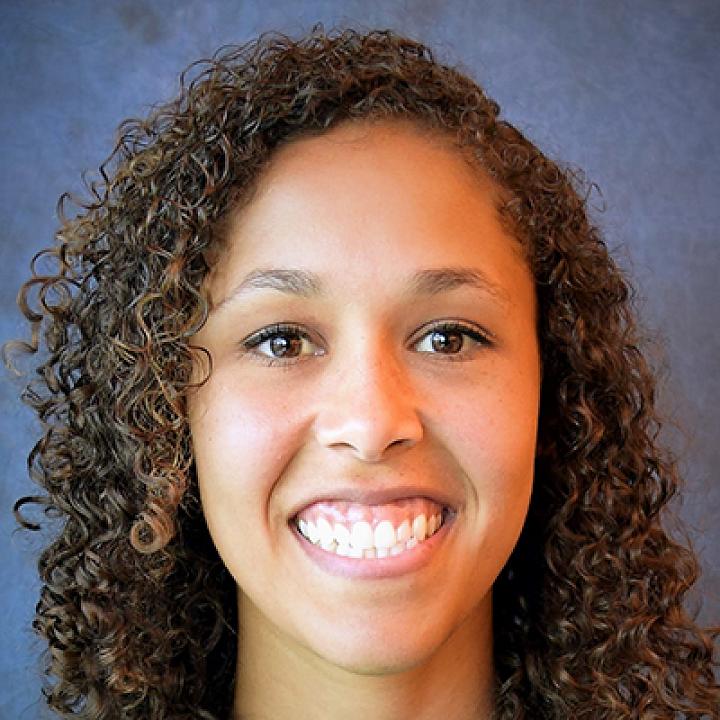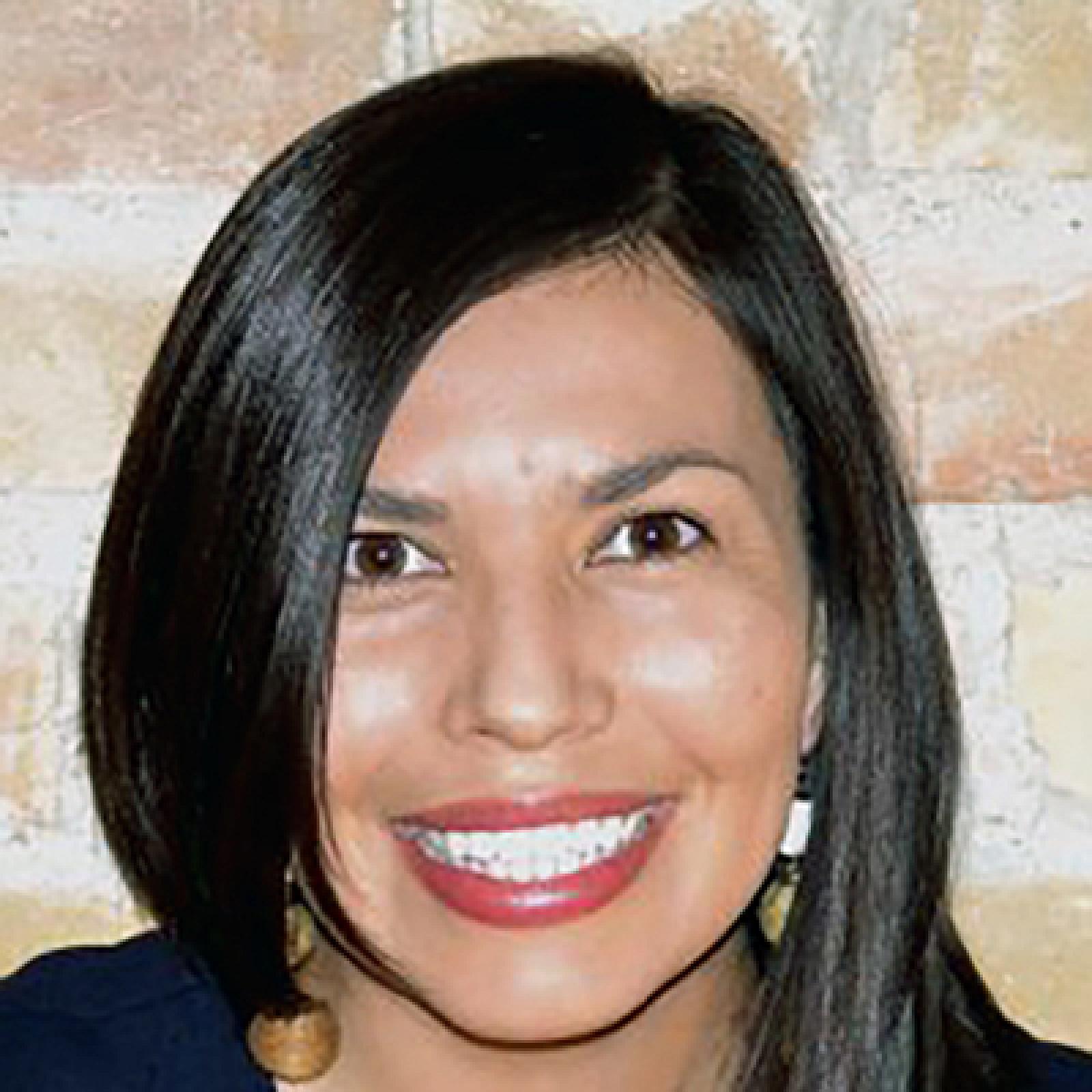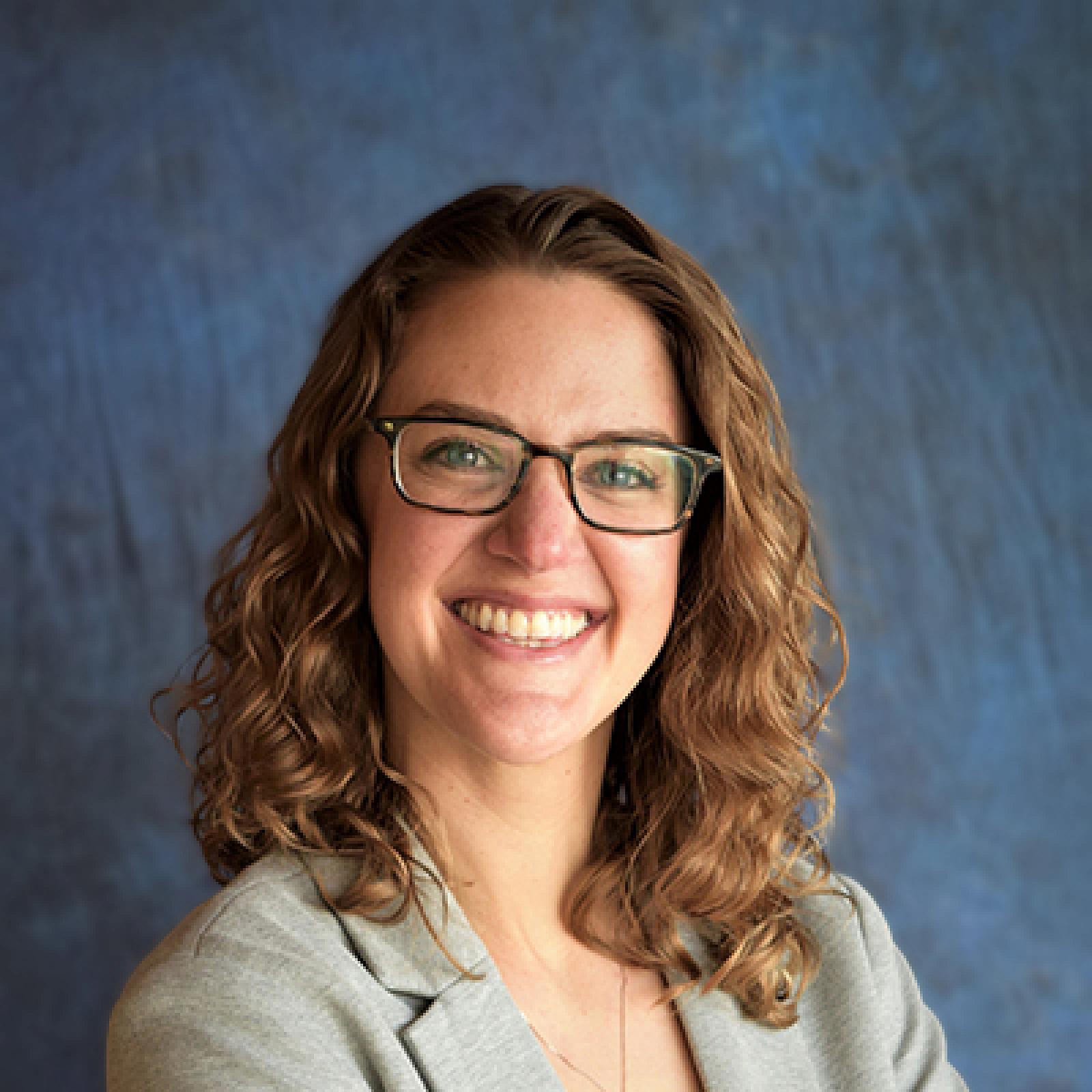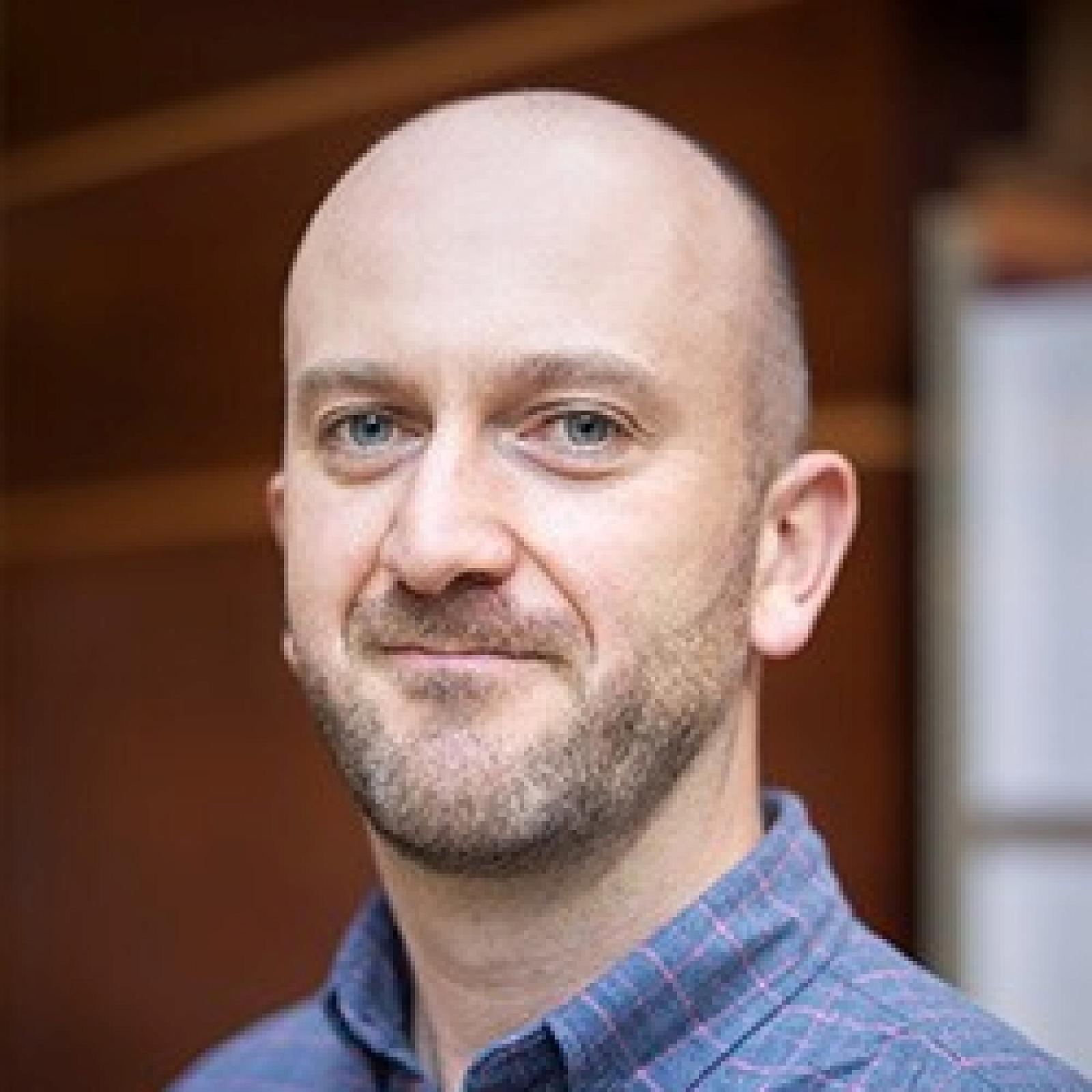
Postdoctoral Fellow Alumni

Mollie Barnard, ScD
Assistant Professor, Slone Epidemiology Center, Boston University School of Medicine
Dr. Barnard earned her ScD in Epidemiology from the Harvard T.H. Chan School of Public Health. The primary goal of Mollie’s research is to use molecular epidemiology to inform ovarian cancer prevention and early detection strategies. Mollie was awarded a National Cancer Institute F99 Predoctoral to Postdoctoral Fellow Transition Award to study the role of inflammation and immunity in ovarian tumor development. For the K00 postdoctoral phase of this award, she worked with Dr. Jennifer Doherty at the Huntsman Cancer Institute (HCI) where she is researching the genetic epidemiology of ovarian cancer histotypes. Mollie collaborated with investigators from the Utah Population Database, the Utah Cancer Registry, and Intermountain Healthcare to study ovarian cancer high-risk pedigrees. She works on developing studies to discover susceptibility variants for ovarian cancer histotypes, and to describe the occurrence of other disease types in families at high risk of ovarian cancer.
Dr. Bybee obtained her PhD in Nursing from the University of Utah. Her doctoral research focused on understanding how couples (including sexual and gender minority couples) can experience posttraumatic growth through the experience of cancer. As a postdoctoral scholar at the Center for Health Outcomes and Population Equity (HOPE) at the Huntsman Cancer Institute, Dr. Bybee will work on projects related to cancer prevention and improving health among underserved populations. She was awarded a STARS TL1 postdoctoral fellowship which examines if social factors buffer the relationship of stress on tobacco cessation among sexual and gender minorities. As a licensed clinical social worker, Dr. Bybee aims to conduct research that will ultimately improve the health and wellbeing of historically marginalized populations.
Christopher Cambron was a postdoctoral fellow with the Center for HOPE working under the mentorship of David Wetter, received funding for a Ruth L. Kirschstein NRSA F32 award from the National Cancer Institute. Chris’ project aimed to use the Center for HOPE’s extensive repository of ecological momentary assessment data to provide a deeper understanding of the cognitive, emotional, social, and environmental mechanisms connecting low socioeconomic status to increased difficulty quitting smoking. View his website.
Dr. Christensen received his PhD. in Developmental Psychology with a cross-area emphasis in Health Psychology from Brigham Young University. His current research is focused on shared decision making, as well as diabetes prevention/intervention programs. Other research interests include health behavior changes, stress and coping, and nutrition - all within the scope of developmental, health, and social psychology. Future research aims to identify the potential moderating and/or mediating factors that may influence the effects that stress may have on health during adolescence and emerging adulthood. View his faculty profile.
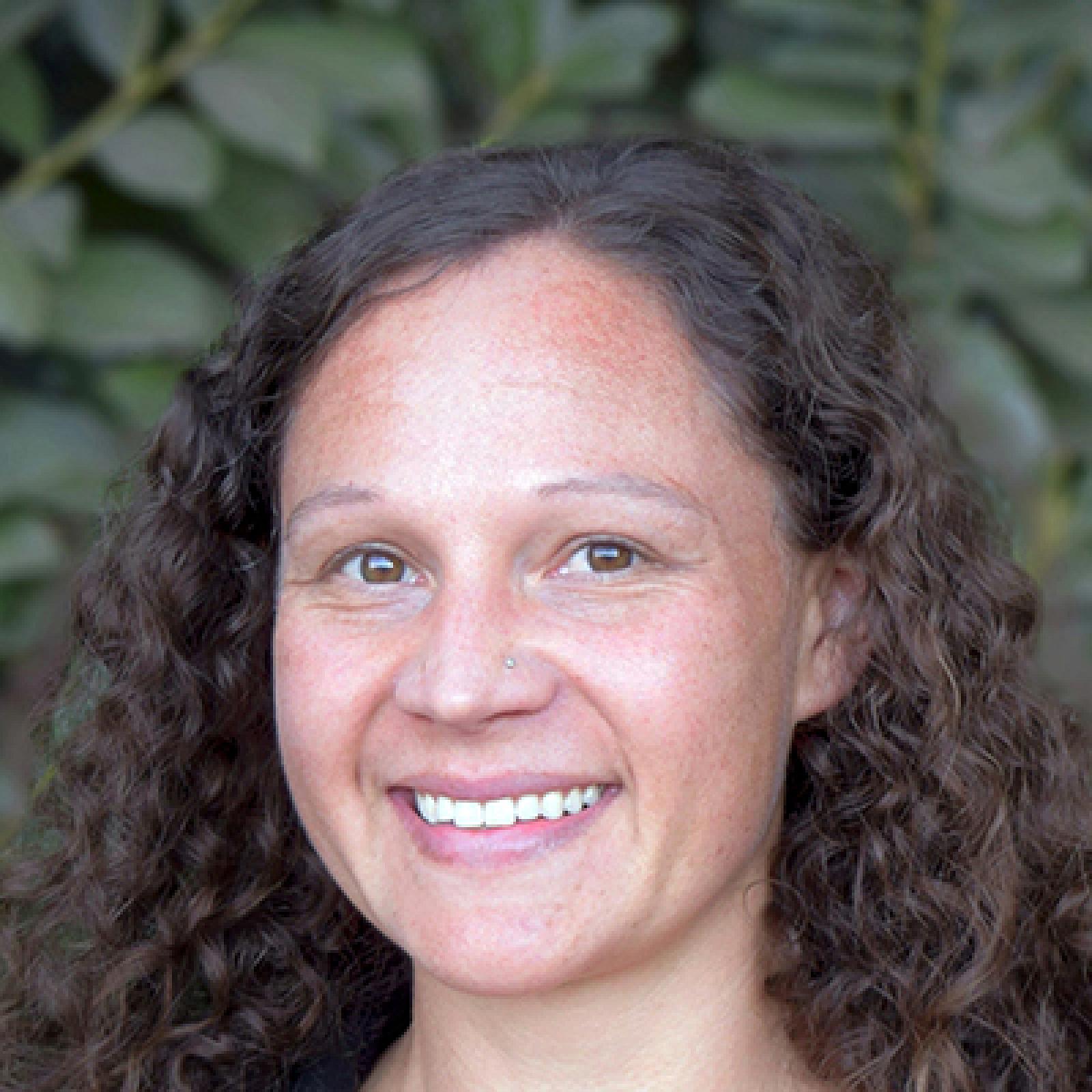
Lindsay J. Collin, PhD, MPH
Assistant Professor of Epidemiology at Rollins School of Public Health, Emory University
Dr. Collin earned her PhD in Epidemiology from Emory University, Rollins School of Public Health. The overarching goal of Lindsay’s research is to understand multi-level contributors to disparities in recurrence and mortality among breast and ovarian cancer patients. In her doctoral work, Lindsay was awarded a National Cancer Institute F31 to evaluate therapeutic changes, patient characteristics, and biomarkers that may explain variation in breast cancer recurrence among women diagnosed with breast cancer, using Danish registry data. She has collaborated with the Georgia Cancer Registry and the Greater Atlanta Breast Cancer Task Force to examine race/ethnic disparities in breast cancer mortality in the metropolitan Atlanta area. She also has a strong methodologic interest in Bayesian statistics, quantitative bias analysis, and efficient design of validation substudies. At the Huntsman Cancer Institute, Lindsay is working in the lab of Dr. Jen Doherty. She was awarded a TL1 postdoctoral fellowship, which aims to understand the role of comorbidities and racial/ethnic disparities in ovarian cancer treatment, treatment response, and outcomes.

Rebecca Delaney, PhD
Assistant Professor, Department of Population Health Sciences, Division of Health Systems Innovation and Research, University of Utah
Dr. Delaney received her PhD in Life-Span Developmental Psychology from West Virginia University. Rebecca’s research is targeted at understanding how individual differences, such as age and gender, can influence behaviors and decisions that lead to significant health outcomes. Through this research she hopes to identify factors that inform intervention development to aid aging men and women with making advantageous health decisions and enhance physician-patient relationships when considering important healthcare decisions. Visit her lab website.
Dr. Gordon obtained her PhD in Clinical Psychology, with an emphasis in Behavioral Medicine, from the San Diego State University/University of California, San Diego Joint Doctoral Program in Clinical Psychology. Her research focuses on identifying and addressing cancer-related disparities among underserved populations, including individuals living in rural and low-resource settings, people living with HIV, and the LGBTQ community. As a postdoctoral scholar at the Center for Health Outcomes and Population Equity (HOPE) at the Huntsman Cancer Institute, Dr. Gordon works on projects targeting disparities in cancer prevention and survivorship across the Mountain West. She is particularly interested in the use of multilevel and systems-based interventions to improve cancer-related care and patient outcomes. In her free time, she enjoys hiking, biking, reading, listening to music, and spending time with her loved ones. Visit her company website.
Dr. Grieshober earned her PhD in Epidemiology and MA in Mathematics from the University of Buffalo, where she was a pre-doctoral NCI R25 trainee in Interdisciplinary Cancer Epidemiology. Laurie’s research focuses on the interplay between molecular features of aging, modifiable risk factors, and disease processes in the context of cancer risk and survival, and how these relationships may vary by race/ethnicity. Since joining the Huntsman Cancer Institute and University of Utah, Laurie has been a postdoctoral fellow in the lab of Dr. Jen Doherty and a Spheres of Translation Across the Research Spectrum (STARS) TL1 trainee with the Center for Clinical and Translational Science. Laurie is currently involved in projects examining the role of pre-diagnosis DNA methylation in heavy smokers in relation to lung cancer risk and survival, statewide race/ethnic disparities in cancer incidence and related risk factors in Utah, and modifiable factors such as diet in relation to ovarian cancer survivorship through her involvement with the Ovarian Health and Lifestyle Study
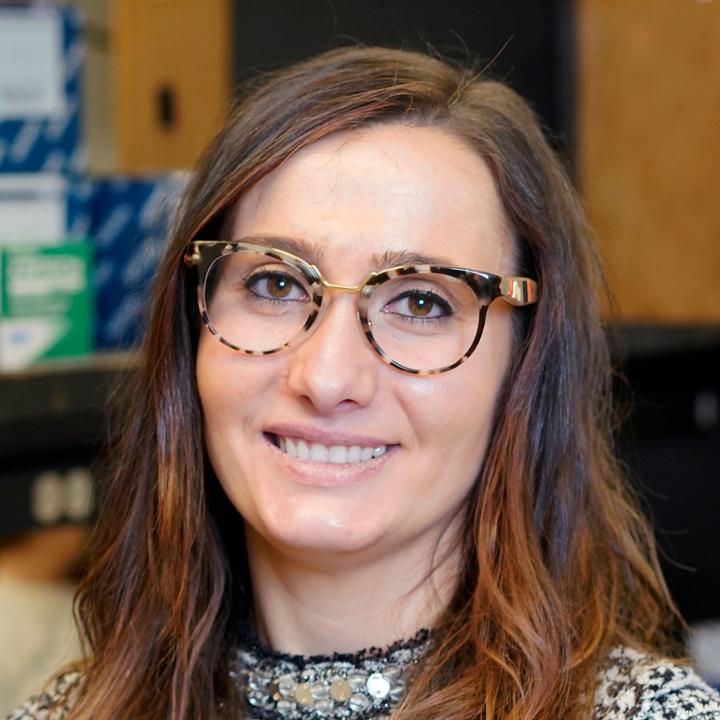
Andreana Holowatyj, PhD, MSCI
Assistant Professor of Medicine and Cancer Biology, Epidemiology at Vanderbilt University Medical Center
Dr. Holowatyj graduated with her PhD in Cancer Biology and a Graduate Certificate in Public Health Practice from the Wayne State University School of Medicine and Barbara Ann Karmanos Cancer Institute in Detroit, Michigan. During her doctoral tenure, she was the recipient of national and international awards where her research focused on the intersection of molecular epidemiology and cancer disparities. She also developed a strong expertise in epigenetics and chromatin modifications in tumorigenesis. At the Huntsman Cancer Institute, the focus of her research in Dr. Ulrich’s group was to elucidate the molecular underpinnings (genome, transcriptome, metabolome, microbiome) of young-onset colorectal cancer using data from ColoCare, FOCUS, MetaboCCC, and other international consortia. In addition, her research work aimed to explore the role of folate one-carbon metabolism, NSAID pharmacogenetics, and metabolic syndrome in colorectal cancer prognosis. Andreana was awarded a NIH Ruth L. Kirschstein National Research Service Award T32 Post-Doctoral Fellowship Training Grant from the National Human Genome Research Institute Training in Genomic Medicine program. Andreana is also involved with the American Association for Cancer Research (AACR), including as an invited panelist at the 2017 AACR Congressional Briefing.
Dr. Patricia Hopkins graduated with a PhD in clinical psychology from West Virginia University in 2018. Her dissertation research investigated how sociocultural factors like discrimination, mental health stigma, ethnic identity, and religiosity relate to anxiety outcomes in African Americans. She completed a postdoctoral fellowship at the University of Utah where she investigated how social determinants of health relate to smoking outcomes in underserved populations. At this time, Dr. Hopkins is working on manuscripts related to mindfulness, mental health seeking, and self-efficacy in racially diverse and low socioeconomic groups. Dr. Hopkins completed a geropsychology fellowship at the Salt Lake City VA. Her long-term employment goals are to work in a setting where she can merge her interests in mentorship, research, and clinical work.
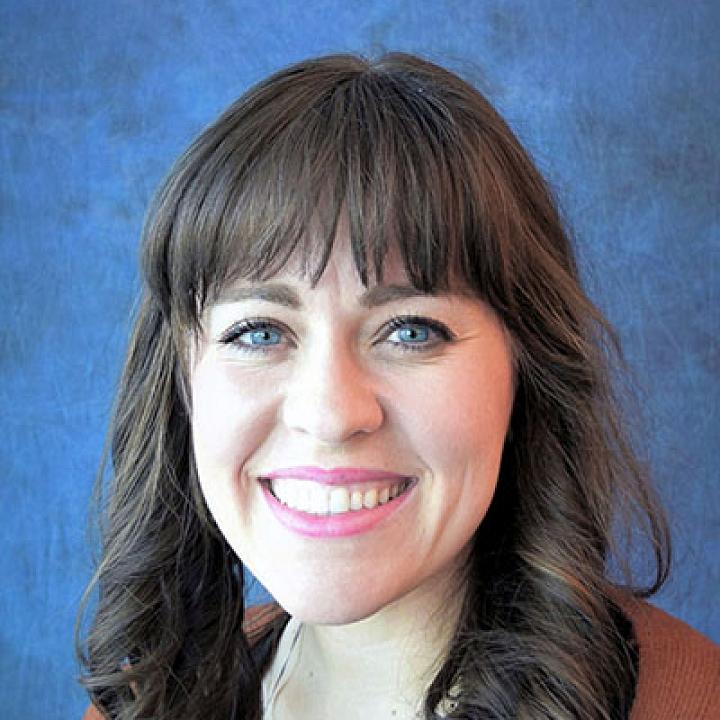
Aubrey Jones, PharmD
Research Assistant Professor, Pharmacotherapy Department, College of Pharmacy, University of Utah and Pharmacist, Thrombosis Clinic, University of Utah Health
Dr. Jones received her Doctor of Pharmacy from the University of Colorado - Denver in Aurora, Colorado. She completed a two-year clinical fellowship in Anticoagulation Research at the University of Utah College of Pharmacy. Aubrey’s research is focused on improving quality of care in anticoagulated patients through a variety of approaches including patient self-management, patient education, and methodology for improving the quality of observational research. Through this research she helped provide guidance on how to best take care of these patients, as well as increased the amount of high-quality observational research being performed in these patients.
Dr. Keene received her PhD in Counseling Psychology from the University of Denver. Chesleigh’s research focuses on health disparities, particularly access and barriers to care. Her doctoral research centered on social class and socioeconomic inequalities which extended to her dissertation investigation of the relationship between cultural factors, psychological distress, barriers, and attitudes toward seeking psychological help among members of a Native American tribe. She has a strong investment in producing culturally responsive and culturally responsible research and at the Huntsman Cancer Institute, Chesleigh worked with the Center for Health Outcomes and Population Equity (HOPE) working on projects targeted to eliminate health disparities and inequities for groups who face greater obstacles to health due to social/economic disadvantages.
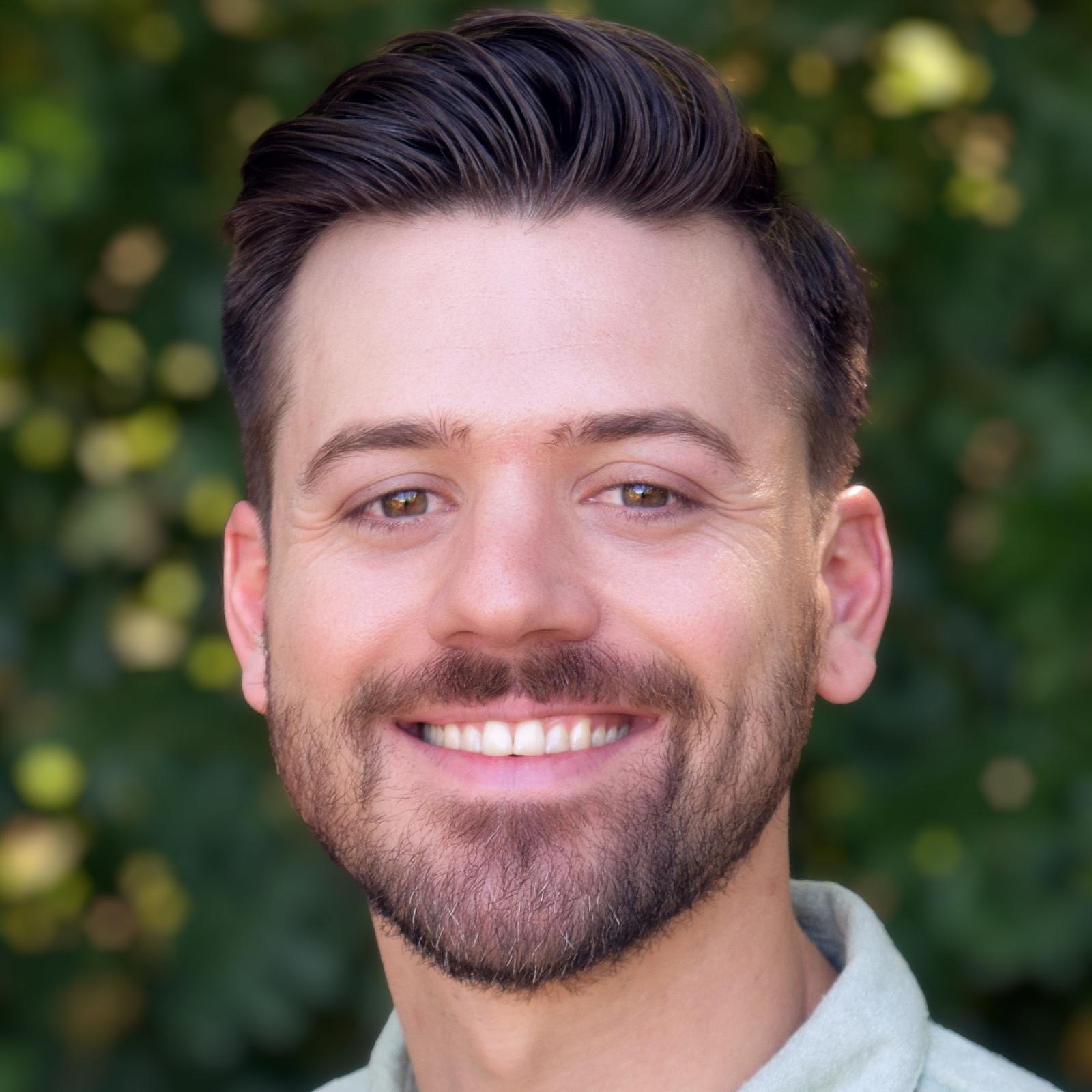
James L. Merle, PhD
Research Assistant Professor, Department of Population Health Sciences, Division of Health Systems Innovation and Research, University of Utah
Dr. Merle obtained his PhD from the University of Minnesota in Educational Psychology. His postdoctoral research in the HSIR division contributes to implementation science across a broad spectrum of federally-funded health and mental health implementation and hybrid implementation-effectiveness trials. His research targets implementation outcomes around health disparities, including cancer symptom management, HIV prevention, and reducing cardiovascular disease, hypertension, and pediatric obesity. The focus of his work is on improving the uptake and sustained use of evidence-based practices by developing tools and implementation strategies that target multilevel barriers within implementation contexts (i.e., schools, hospitals, behavioral health clinics, community organizations) and ultimately creates generalizable knowledge and leads to quality improvement.

Kavita Mosalpuria, MBBS, MHA, PhD
Assistant Professor, Department of Public Health, Brody School of Medicine, East Caroline University
Dr. Mosalpuria earned her PhD in Health Services Research, Administration, and Policy from the University of Nebraska Medical Center. She received numerous scholarships and awards during her PhD. In her doctoral dissertation, she explored the effects of chronic lifestyle conditions and comorbidities on health care expenditures and utilization. Before her PhD, she worked for five years monitoring and evaluating Polio elimination programs, immunization programs for mothers and children, and national health programs in lower middle-income countries. She conducted epidemiological investigations related to Acute Flaccid Paralysis. Among her responsibilities was capacity development for physicians and other health care professionals at community health centers. She was awarded a Certificate of Appreciation for India’s triumph over Polio by the World Health Organization and India’s Ministry of Health & Family Welfare. She is an experienced project manager and hospital administrator. The overarching goal of Kavita’s post-doctoral research is to understand the multi-dimensional nature of social determinants of health in the tobacco use life cycle in vulnerable populations. She hopes that her research will contribute to reducing health disparities and increasing equity.
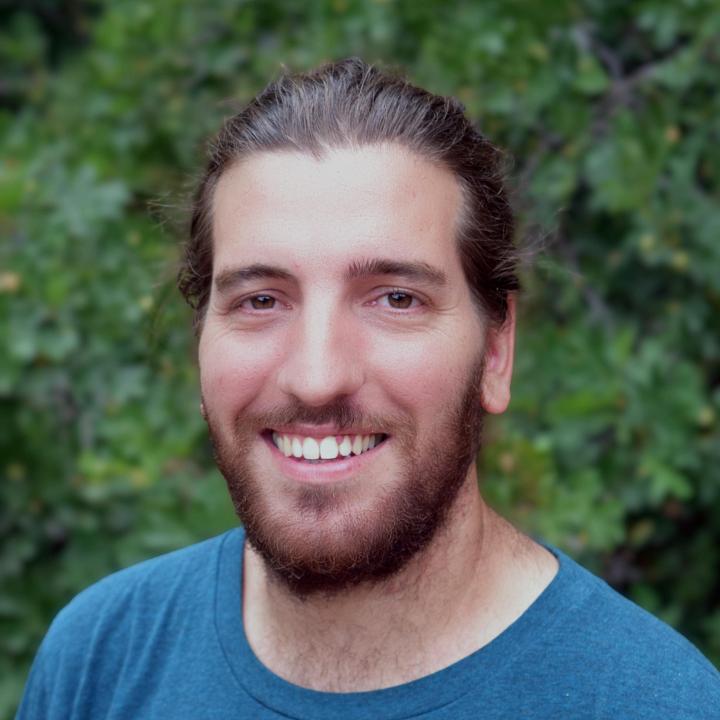
Bruno O. Porras Garcia, PhD
Universitat Internacional de Catalunya logo Tenured-Track Postdoctoral Researcher (Juan de Cierva), Universitat Internacional de Catalunya
Dr. Porras Garcia received his PhD in Clinical Psychology from the University of Barcelona, Spain, for his work using new technologies (specifically Virtual Reality and Eye-Tracking technologies) to improve evidence-based interventions in eating disorders and other mental health disorders. His current research focuses on the use of digital mental health interventions (e.g., serious games) in the field of late-life depression, helping to implement in a NIMH clinical trial based on a neuroplasticity-based computerized cognitive remediation intervention with older adults with major depressive disorder who have not responded to first-line treatments (R01 MH126051-01). His research also aims to translate, adapt and validate digital mental health interventions and make them accessible to minority populations historically underserved by the U.S. mental health system. Ultimately, his long-term research goal is to develop an independent research line with an emphasis on study initiation, development, and clinical trial support for digital mental health interventions.
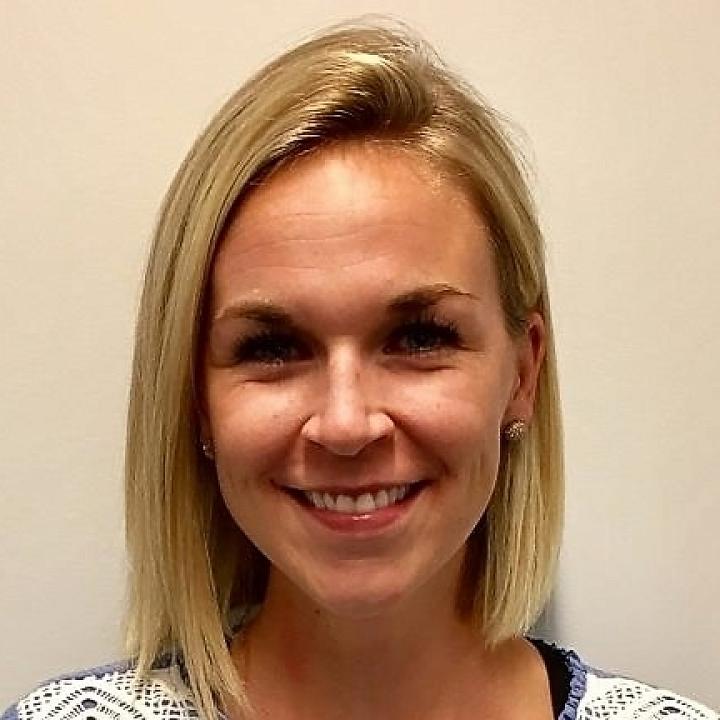
Lindsey Potter, PhD
Assistant Professor, Department of Population Health Sciences, Division of Cancer Population Science, University of Utah
Dr. Potter received her PhD in Biobehavioral Health from the Pennsylvania State University, where she was a NIDA T32 predoctoral fellow in the Prevention and Methodology Center Training program. Lindsey also has a master’s degree in Public Health from Drexel University. Her work focuses on exploring how various forms of stigma and discrimination influence processes giving rise to observed health risks; most notably, health behaviors, stress and affective reactions, and social/interpersonal responses. Her work extends the use of novel methodological (e.g., ecological momentary assessment [EMA]) and statistical (e.g., extensions of multilevel modeling, characterizing multidimensional risk categories) approaches to the discovery of how discrimination may contribute to health disparities. At the Huntsman Cancer Institute, Center for HOPE, Lindsey focused on using more advanced mHealth technologies to add to this body of foundational knowledge to inform the development of just-in-time-adaptive interventions and best-practices for the dissemination of basic research findings into real-world settings.
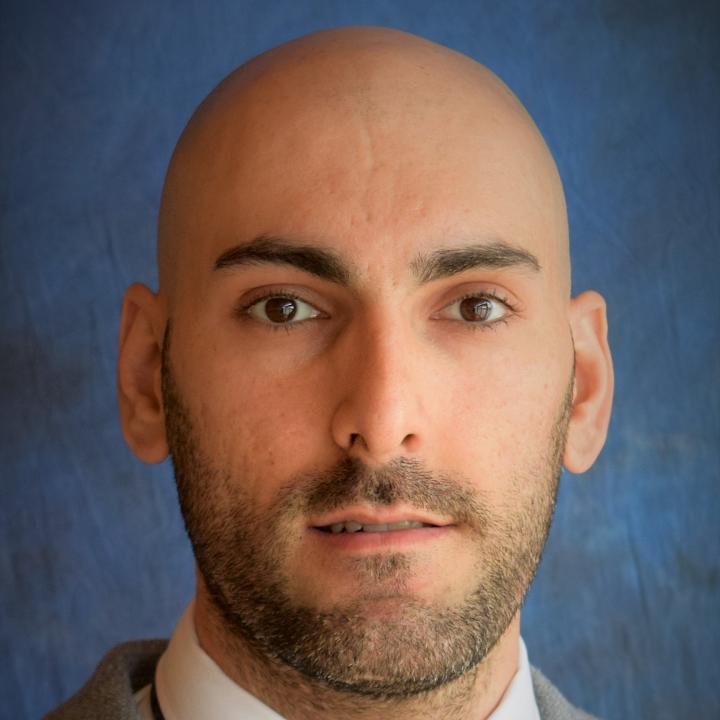
Nasser Sharareh, PhD
Research Assistant Professor, Department of Population Health Sciences, Division of Health Systems Innovation and Research, University of Utah
Dr. Sharareh received his Ph.D. and M.S. in Industrial and Systems Engineering from the State University of New York at Binghamton, NY. His concentration has been on System Dynamics simulation modeling, GIS mapping, and healthcare policy analysis. He has been involved with several system dynamics modeling transdisciplinary projects and has collaborated with a team of anthropologists, nurses, engineers, and primary care providers to develop models for public health issues such as Lyme disease, Ebola, access to care, and HPV infection. Also, he is the recipient of Systems Science Scholarship from AcademyHealth. Nasser's research focuses on proposing population health interventions to improve health outcomes using simulation modeling and GIS methodology.
Dr. Sisco-Taylor received her PhD in Social/Personality Psychology with a concentration in Health from University of California, Riverside. Brittany’s research targeted at the psychosocial predictors and development of illness behaviors- that is, variability in people's responses to symptoms, including the propensity to seek out treatment and health services. By applying psychological models of health behavior change within a developmental framework, her research centered on disentangling the psychosocial and biological mechanisms that underlie these behaviors during various lifespan transitions.
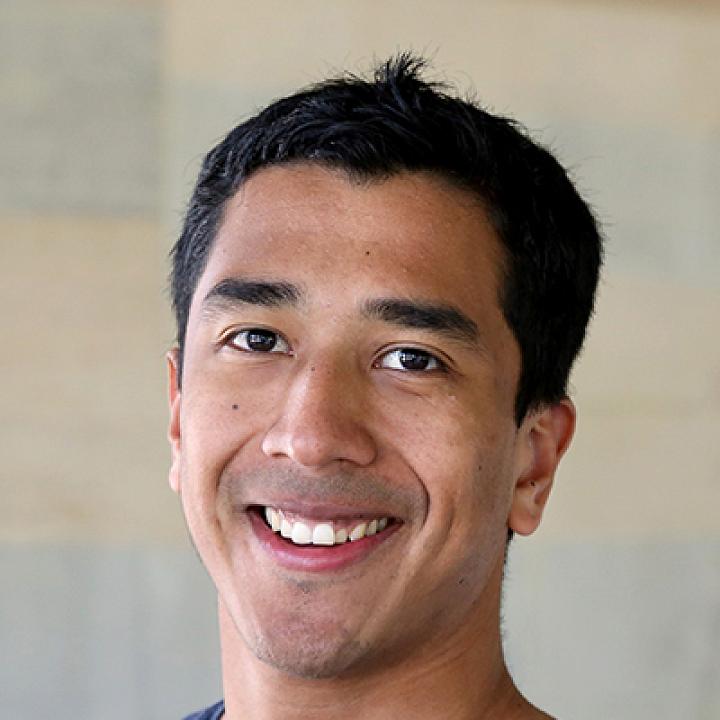
Alistair Thorpe, PhD
Research Assistant Professor, Department of Population Health Sciences, Division of Health Systems Innovation and Research, University of Utah
Dr. Thorpe received his PhD in Psychology from the University of Essex for his work on the effect of different health communication methods at reducing clinically inappropriate antibiotic use in primary care. Alistair’s research is targeted at identifying the key factors underlying the decision making processes of patients and medical practitioners in order to better understand how people estimate, judge, and make choices about important health decisions. From these findings, he aims to develop, and test, decision aids and communication strategies designed to engender more judicious health decisions.
Rich Viskochil received his PhD in Kinesiology from the University of Massachusetts, where his dissertation work evaluated the impact of a 12-week exercise training program on diabetes risk factors in breast cancer survivors. His research focuses on the interactions between exercise, cancer and diabetes, as well as the metabolic health benefits that occur when people increase their physical activity and/or decrease their sedentary behavior.
Dr. Voinot-Baron earned his PhD in Anthropology, with emphases in Cultural Anthropology and Law, from University of Wisconsin-Madison. A guiding principle of his research is to develop a more robust understanding of care practices that are underrepresented within dominant medical frameworks. He has conducted extensive ethnographic research with the Akiak Native Community (Yup’ik) in southwest Alaska on issues related to mental health and salmon fishing. As a postdoctoral scholar at the Center for Health Outcomes and Population Equity (HOPE) at the Huntsman Cancer Institute, Dr. Voinot-Baron worked on projects ranging from affective science and commercial tobacco cessation to growing the Center’s partnership with tribal health clinics and entities across the Mountain West.
Dr. Zhong received her PhD in Health and Interpersonal communication from The University of Texas at Austin. Her research centers around the experience and communication of uncertainty, risk appraisals, social support, and message framing and effects in various health care contexts (e.g., patient-clinician communication following genetic testing). She is particularly interested in the effects of different ways of communicating risk and uncertainty on individuals’ emotions, appraisals, decision making, and behavioral intentions. Through this research, she hopes to enhance the communication effectiveness of different stakeholders in health care and facilitate patients with their risk appraisals, psychological functioning, and illness management.

